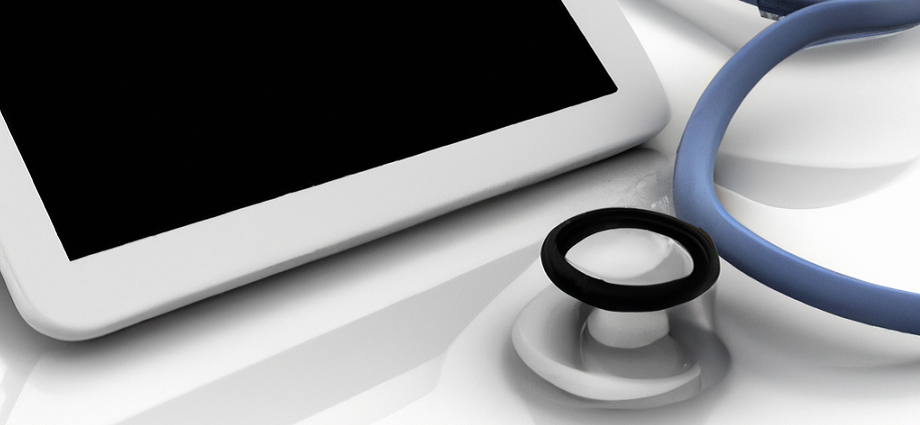Electronic health records (EHRs) are digital versions of a patient’s medical history, including information such as medical conditions, treatments, and test results. EHRs are designed to be accessible to authorized healthcare providers, allowing them to view and update a patient’s medical record in real-time.
EHRs offer many benefits over traditional paper records, including increased efficiency, improved patient care, and reduced costs. For example, EHRs can help healthcare providers to access important information quickly and easily, which can help to improve the accuracy and timeliness of diagnoses and treatment decisions. EHRs can also help to reduce errors and improve patient safety by eliminating the need for manual data entry and reducing the risk of lost or misplaced records.
Benefits of Integrating EHR Systems
There are many benefits of integrating electronic health record (EHR) systems, including:
- Improved patient care: EHRs can help to improve patient care by providing healthcare providers with quick and easy access to important patient information. This can help to improve the accuracy and timeliness of diagnoses and treatment decisions, and can also help to reduce errors and improve patient safety.
- Increased efficiency: EHRs can help to increase efficiency in the healthcare system by eliminating the need for manual data entry and reducing the risk of lost or misplaced records. EHRs can also help to streamline communication and collaboration between healthcare providers, which can help to reduce wait times and improve patient flow.
- Reduced costs: EHRs can help to reduce costs in the healthcare system by eliminating the need for paper records, which can be expensive to store and maintain. EHRs can also help to reduce the risk of errors and improve patient safety, which can lead to cost savings in the long term.
- Enhanced data analytics: EHRs can provide a wealth of data that can be analyzed to identify trends and patterns, which can help to improve patient care and increase efficiency in the healthcare system.
Challenges and Considerations of EHR Integration
There are many benefits of integrating electronic health record (EHR) systems, including:
- Improved Patient Care: EHRs can help to improve patient care by providing healthcare providers with quick and easy access to important patient information. This can help to improve the accuracy and timeliness of diagnoses and treatment decisions, and can also help to reduce errors and improve patient safety.
- Increased Efficiency: EHRs can help to increase efficiency in the healthcare system by eliminating the need for manual data entry and reducing the risk of lost or misplaced records. EHRs can also help to streamline communication and collaboration between healthcare providers, which can help to reduce wait times and improve patient flow.
- Reduced Costs: EHRs can help to reduce costs in the healthcare system by eliminating the need for paper records, which can be expensive to store and maintain. EHRs can also help to reduce the risk of errors and improve patient safety, which can lead to cost savings in the long term.
- Enhanced Data Analytics: EHRs can provide a wealth of data that can be analyzed to identify trends and patterns, which can help to improve patient care and increase efficiency in the healthcare system.
Implementing and Managing EHR Systems
There are several steps that can be taken to successfully implement and manage electronic health record (EHR) systems. These steps include:
- Selecting and Implementing the Right System: It is important to carefully research and select the right EHR system for your healthcare organization. This may involve evaluating different systems based on factors such as cost, functionality, and interoperability. Once a system has been selected, it is important to develop a plan for implementing the system, including training staff, developing policies and procedures, and ensuring that the necessary resources are in place.
- Training Staff: Staff training is an important part of EHR implementation and is essential for ensuring that healthcare providers are comfortable using the system and are able to effectively utilize its features. Training should include both technical training on how to use the system and clinical training on how to apply the system to patient care.
- Developing Policies and Procedures: Developing clear policies and procedures can help to ensure that EHR systems are used effectively and that patient data is protected. This may involve establishing guidelines for data entry, access, and security, as well as developing protocols for managing and sharing data.
- Seeking Support and Resources: Implementing and managing EHR systems can be complex, and it is important to seek support and resources as needed. This may include seeking guidance from industry organizations, participating in professional development programs, and seeking technical support when needed.
Resources and Support for EHR Integration
There are many resources and support options available for organizations that are interested in integrating electronic health record (EHR) systems. Some options include:
- Industry Organizations: Industry organizations, such as the Healthcare Information and Management Systems Society (HIMSS), offer a range of resources and support for EHR implementation and management. This may include educational materials, professional development programs, and technical support.
- Professional Development Programs: Professional development programs, such as those offered by HIMSS, can provide training and support for healthcare professionals who are involved in EHR implementation and management. These programs may include training on EHR systems, as well as best practices for implementing and managing EHRs.
- Technical Support: Many EHR vendors offer technical support to help organizations with EHR implementation and management. This may include support for installation, training, and ongoing maintenance of the EHR system.
- Government Programs: Some government programs, such as the Centers for Medicare and Medicaid Services (CMS) EHR Incentive Program, offer financial incentives and support to encourage the adoption of EHRs.

